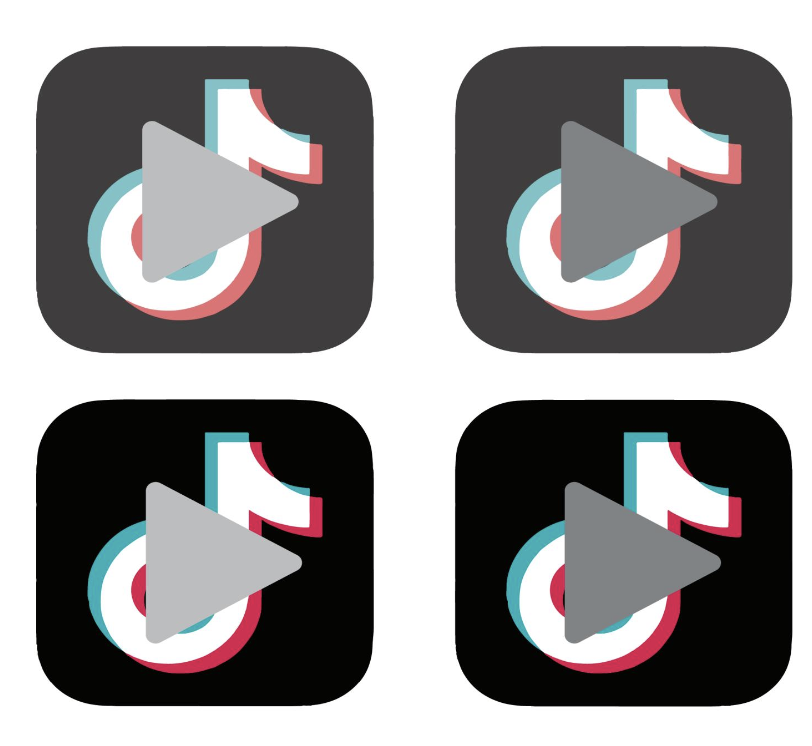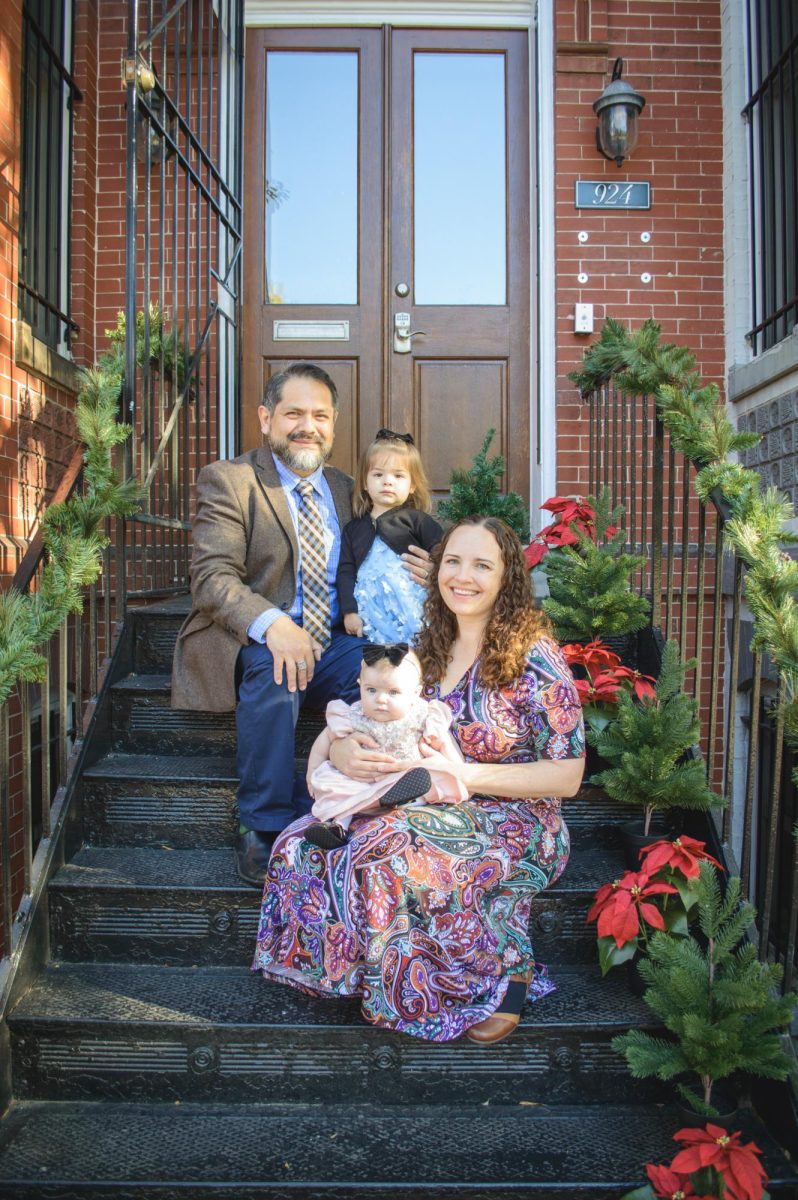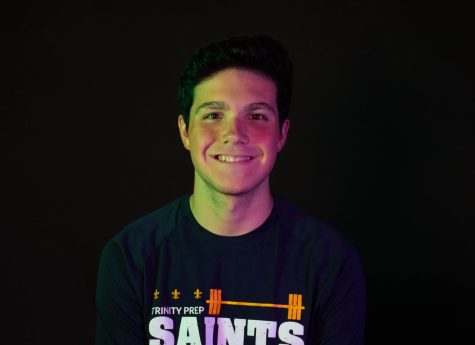At the beginning of the second semester, TikTok was banned on all of Trinity’s Wi-Fi networks. Students can still access TikTok but instead of using the school’s Wi-Fi, students will have to use their cellular data instead.
This is due to the fact that TikTok has drawn some controversy, as according to an article by The Guardian, TikTok is starting to get banned around the United States “due to national security concerns over its China-based parent company, ByteDance.”
On January 25, Senator Josh Hawley announced that he would be introducing legislation to ban TikTok nationwide.
“In a tweet Tuesday, Hawley said that TikTok is “China’s backdoor into Americans’ lives,” adding: “It threatens our children’s privacy as well as their mental health. Last month Congress banned it on all government devices,” according to an article by NBC News.
Chief Technology Officer Alex Podchaski explained that TikTok was banned on all of Trinity’s Wi-Fi networks due to the national security breaches and for the encouragement of the student’s proper use of tools.
“One of the biggest concerns is that we have, it’s the data, it’s part of our responsibility of having the networks and what we allow on the networks and don’t allow are, we have to make sure that we’re following certain rules as well,” Podchaski said.
Senior Reyna Mapa, said she opens TikTok at least once a day, but wouldn’t be upset if it got permanently banned.
“I think that Trinity banning TikTok on Wi-Fi would be fine and could even encourage students to have more face-to-face time instead of face-to-screen time,” Mapa said.
While Podchaski and Mapa are okay with the ban, Guidance Counselor Rylan Smith, who teaches social media and ethics, said that she struggles with the ban of not just TikTok, but any social media.
“I think social media developers are smart and I think anytime you ban something, then people are just going to find another way and so you’re going to constantly be one step behind. Instead, I like the approach that we take in the social media and ethics class, which is I want consumers of social media to think about the ethical implications of their actions, using those social media apps, and why, what ethical implications are out there?” Smith said.
Trinity isn’t the only school to ban TikTok on its Wi-Fi networks as a form of protection. According to an article by Forbes, some colleges that have banned the use of TikTok so far are the University of Texas at Austin, Auburn University, Boise State University, the University of Oklahoma, Oklahoma State, and the University of Central Oklahoma.
On January 12, The University of Florida sent out a message advising students that they should not use TikTok anymore, as according to an article by the Tampa Bay times, “The university treats the protection of UF data — academic records, research, financial information, and other sensitive, personally identifying information — as an institutional priority.”
Although TikTok still has a chance to be banned from the App Store and Google Play Store, people could still download TikTok by jailbreaking their phones.
“You’re now choosing to do something that you know is dangerous. Okay, I can only protect you from yourself so much with laws and other regulations,” Podchaski said.















